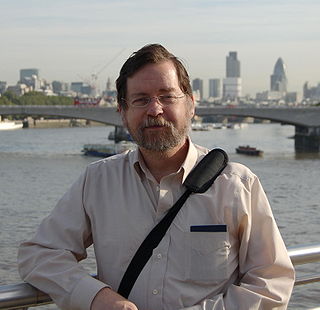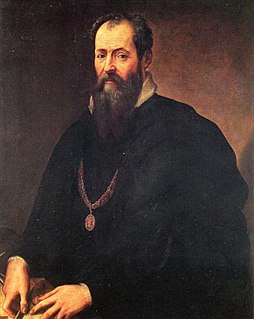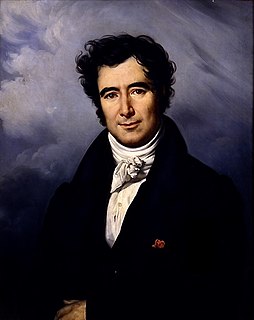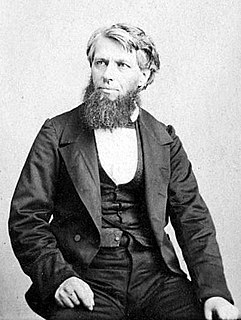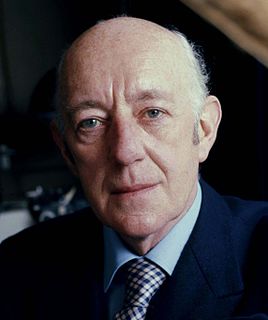A Quote by PZ Myers
Plantinga has written a short, 5 page summary of his views on evolution and naturalism, and it’s lucid (for Plantinga) and goes straight to his main points. The workings of the man's mind sit there naked and exposed, and all the stripped gears and misaligned cogs and broken engines of his misperception are there for easy examination. Read it, and you'll wonder how a man so confused could have acquired such a high reputation; you might even think that philosophy has been Sokaled.
Quote Topics
Related Quotes
I was often humiliated to see men disputing for a piece of bread, just as animals might have done. My feelings on this subject have very much altered since I have been personally exposed to the tortures of hunger. I have discovered, in fact, that a man, whatever may have been his origin, his education, and his habits, is governed, under certain circumstances, much more by his stomach than by his intelligence and his heart.
I like to think of fire held in a man's hand. Fire, a dangerous force, tamed at his fingertips. I often wonder about the hours when a man sits alone, watching the smoke of a cigarette, thinking. I wonder what great things have come from such hours. When a man thinks, there is a spot of fire alive in his mind--and it is proper that he should have the burning point of a cigarette as his one expression.
Eventually man, too, found his way back to the sea. Standing on its shores, he must have looked out upon it with wonder and curiosity, compounded with an unconscious recognition of his lineage. He could not physically re-enter the ocean as the seals and whales had done. But over the centuries, with all the skill and ingenuity and reasoning powers of his mind, he has sought to explore and investigate even its most remote parts, so that he might re-enter it mentally and imaginatively.
Man in his raw, natural state as he comes from the womb is morally and spiritually corrupt in disposition and character. Every part of his being-his mind, his will, his emotions, his affections, his conscience, his body-has been affected by sin (this is what is meant by the doctrine of total depravity)
hat whole phrase, "daring greatly," is from the Theodore Roosevelt quote that goes back to your original question of, what about the critics? And when I read his quote it was life-changing. "It's not the critic who counts; it's not the man who points out how the strong man stumbles or where the doer of deeds could have done the better.
What a wee little part of a person's life are his acts and his words! His real life is led in his head, and is known to none but himself. All day long, the mill of his brain is grinding, and his thoughts, not those of other things, are his history. These are his life, and they are not written. Everyday would make a whole book of 80,000 words -- 365 books a year. Biographies are but the clothes and buttons of the man -- the biography of the man himself cannot be written.
